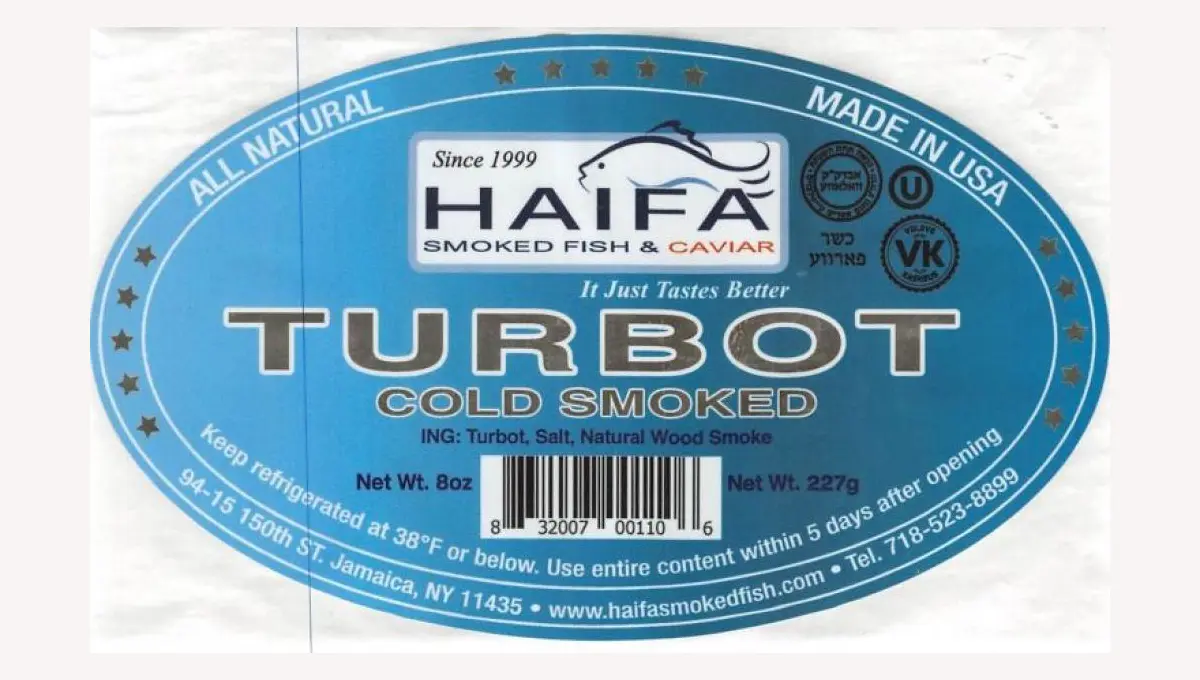Smoked fish is a popular delicacy enjoyed by many around the world. However, recent incidents of Listeria contamination have led to significant concerns and product recalls. In this article, we will explore how smoked fish can become contaminated with Listeria, the risks associated with it, and what steps are being taken to ensure consumer safety.
What is Listeria and Why is it Dangerous?
Listeria monocytogenes, commonly known as Listeria, is a type of bacteria that can cause severe illness when consumed. It can lead to a condition called listeriosis, which primarily affects pregnant women, newborns, older adults, and individuals with weakened immune systems. Listeriosis can result in flu-like symptoms, such as fever, muscle aches, and gastrointestinal issues, but it can also lead to more serious complications like meningitis and septicemia.

How Does Smoked Fish Get Contaminated with Listeria?
Smoked fish can become contaminated with Listeria through various sources. The bacteria can be present in the water where the fish are caught, as well as on the surfaces of processing equipment and facilities. If proper hygiene and sanitation practices are not followed during processing and packaging, the bacteria can multiply and contaminate the fish.
Additionally, Listeria can survive and grow in refrigerated environments, including smoked fish products. This means that even if the fish is initially free of Listeria, it can become contaminated during storage or transportation if not handled properly.
The Risks of Listeria Contamination in Smoked Fish
Consuming smoked fish contaminated with Listeria can pose serious health risks, especially for vulnerable populations. Pregnant women who contract listeriosis are at risk of miscarriage, stillbirth, premature delivery, or severe illness in newborns. Older adults and individuals with weakened immune systems are also more susceptible to severe complications.
It is important to note that Listeria contamination may not always be visually detectable. Smoked fish can appear fresh and safe to consume, even if it contains harmful levels of the bacteria. Therefore, it is crucial to follow any recalls or advisory notices issued by health authorities or manufacturers.
Steps Taken to Ensure Consumer Safety
To mitigate the risks associated with Listeria contamination in smoked fish, regulatory bodies and manufacturers have implemented various safety measures:
- Stringent Hygiene Practices: Fish processing facilities follow strict protocols for cleaning and disinfecting equipment and surfaces to prevent bacterial contamination.
- Temperature Control: Proper refrigeration and storage conditions are maintained throughout the supply chain to inhibit the growth of Listeria.
- Product Testing: Regular testing is conducted to detect any presence of Listeria in smoked fish products, ensuring that contaminated batches are identified and removed from the market.
- Recalls and Public Notifications: If a batch of smoked fish is found to be contaminated, manufacturers issue recalls to remove the affected products from store shelves. Public notifications are also made to inform consumers about the potential risks.
Frequently Asked Questions
Q: How can I tell if the smoked fish I purchased is safe to consume?
A: It is essential to check for any recall notices or advisory warnings issued by health authorities or manufacturers. If there are no such notices, ensure that the fish is properly refrigerated, has not exceeded its expiration date, and shows no signs of spoilage, such as an off smell or sliminess.
Q: Can Listeria be killed by cooking smoked fish?
A: Listeria can be killed by thorough cooking, but it is important to note that smoked fish is typically consumed without further cooking. Therefore, it is crucial to ensure that the fish is safe and free of Listeria contamination before consuming it.
Q: Should I avoid smoked fish altogether due to the risk of Listeria contamination?
A: While Listeria contamination in smoked fish is a concern, it is possible to enjoy smoked fish safely. By following proper storage and handling practices, checking for recalls, and purchasing from reputable sources, you can minimize the risk of Listeria exposure.
Smoked fish recalls due to Listeria contamination highlight the importance of food safety measures in the seafood industry. Consumers should stay informed about any recalls or advisory notices and take necessary precautions when purchasing and consuming smoked fish. By following proper storage, handling, and cooking guidelines, individuals can continue to enjoy smoked fish while minimizing the risks associated with Listeria contamination.
If you want to know other articles similar to Understanding the risks of listeria contamination in smoked fish you can visit the Food safety category.


Related Articles